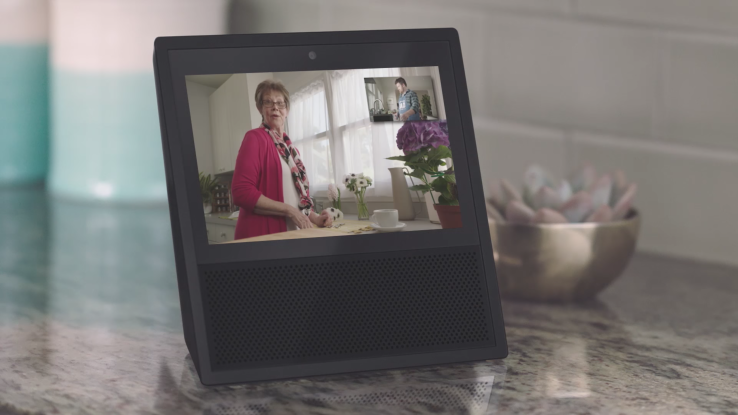

Amazon’s smart assistant has gotten pretty good at recognizing its own name (much to the apparent chagrin of many who share it), but that doesn’t make it immune from false positives. To make Alexa better at filtering out similar words, Amazon is today introducing a new feature called Cloud-Based Wake Word Verification for third-party manufacturers who have Alexa built into their devices.
This will make their devices more reliable – and more competitive with Amazon’s own Echo product line, which currently uses a similar system to avoid false positives.
The new feature utilizes a sort of two-factor voice identification system. The first step is the same as before, with the hardware (Echo, Echo Dot, etc.) handling the initial detection. After that, however, the word will pass through a secondary verification via a cloud-based process checks for a false positive. If one is detected, Wake Word Verification will direct the hardware to close the audio streaming.
This additional processing won’t slow down Alexa’s response times, but will instead make interacting with Alexa less annoying as she won’t accidentally respond to questions you’ve never asked.
The update goes a small way towards addressing a growing privacy concern around Echo’s presence in the home. The smart home hub is designed to have an always-on mic listening for its wake word – a particular concern when bringing these devices into some of the most private spots in our home.
Amazon recently addressed concern, telling TechCrunch: “Echo Look uses the same on-device keyword spotting as Echo, to detect the wake word and only the wake word. When the wake word is detected, the light ring turns blue to indicate that Alexa is streaming audio to the AWS cloud.”
The new feature will hopefully cut down on false positives, and will turn off that blue LED as soon as the system shifts from wake mode to passive listening.
Third-party hardware developers will have to tweak their systems in order to enable the new feature. At present, the recently announced Ecobee4 is the one device that has it enabled. The smart thermostat represents a shift among Alexa developers. Rather than simply incorporating voice features, the system doubles as a sort of surrogate wall-mounted Echo.
That kind of third-party support, coupled with a number of newly announced Echoes, are likely to only increase privacy questions around these sorts of devices. Today’s announcement marks a small step toward addressing that concern. It will, however, put a bit of a damper on any plans to launch a real-life Echo Silver.

